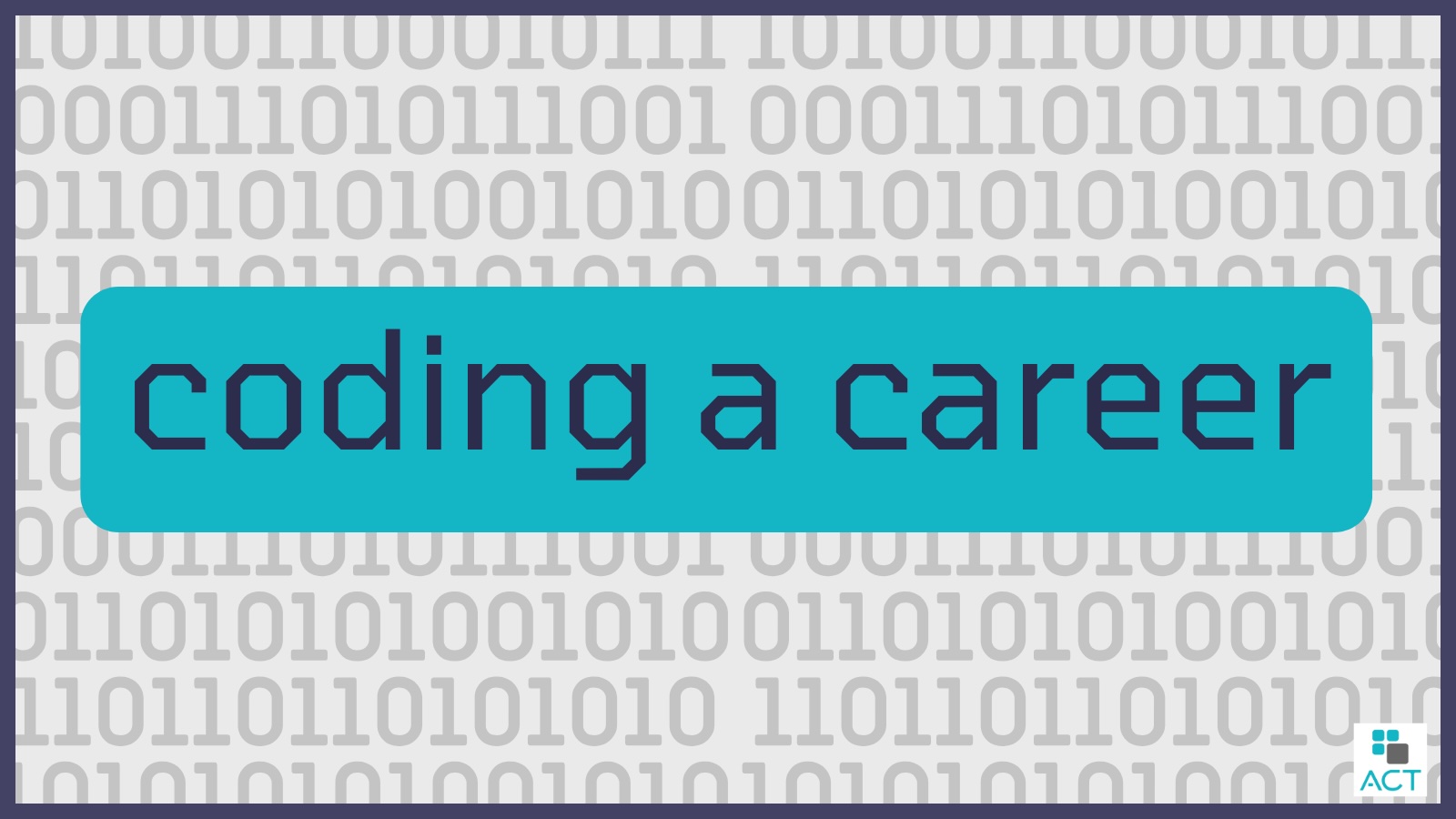At the end of June, ACT | The App Association had the privilege of hosting a “Coding a Career” event in conjunction with the Detroit Apple Developer Academy’s graduation. Designed to empower recent graduates of the developer academy as they transition from the classroom to the ever-changing world of tech, the event featured insights from seasoned Michigan developers, entrepreneurs, and business leaders on how to turn coding and STEM education into a thriving career. Our event reinforced the App Association’s shared commitment to workforce development and building the inclusive tech pipelines that open doors for the next generation of innovators and entrepreneurs, not just in Michigan but around the world.

Seizing New Opportunities in the Growing App Economy
As the app economy grows, so do the opportunities for a tech-centric workforce equipped with the critical thinking abilities and training that lay the groundwork for coding and information management skills. But starting a career as a coder or becoming a first-time entrepreneur can be daunting. Our “Coding a Career” panel highlighted how local developers and entrepreneurs can turn their coding skills into a career, the skills they look for when hiring developers for their teams, and advice on how to take the next steps towards a future career in development.
The panel featured voices from across the Michigan tech ecosystem: Gary Burtka, founder and CEO of App Association member company, Quanthym; Caroline Adamcyzk, visiting assistant professor, Albion College; Bryan Campbell, founder and CEO, X Big Tech; Fares Ksebati, CEO, MySwimPro; and Jermey Barr, software engineering manager, Domino’s. The panel was moderated by our very own Graham Dufault, general counsel at the App Association.

Career Insights from Michigan Tech Leaders and Entrepreneurs
Throughout the discussion, panelists shared their journeys in the Michigan tech ecosystem, from launching startups and building platforms to hiring top talent. A key takeaway from the event was that Michigan is fertile ground for tech entrepreneurship. With a supportive community, robust resources, and a growing digital economy, Detroit isn’t just a place to start a career; it’s a place to build something lasting. Panelists encouraged students to tap into local networks and take advantage of the state’s unique opportunities. Each speaker provided practical advice, including which coding languages are most in demand, how graduates can use digital platforms to build traction, and the soft skills that distinguish standout candidates.
A standout theme was the importance of communication. Bryan Campbell emphasized that interpersonal skills are just as vital as technical expertise: “Being able to communicate the technical results you want and set expectations with people who may not be as tech-savvy as you make a big difference.” Panelists agreed that employers are looking for team members who ask thoughtful questions, think critically, and adapt quickly. Technical fluency is important—but communication and curiosity are what distinguish standout candidates.
The panel also explored common startup hurdles, including talent acquisition and access to capital. Panelists demystified early-stage funding and offered candid advice on pitching to investors. Gary Burtka emphasized the value of showcasing previous work, noting that tangible products and peer feedback help make an idea more compelling. His insight reflected a broader truth for founders: credibility is built through clarity and track record.
Caroline Adamcyzk highlighted the importance of stepping back from a project to troubleshoot effectively. She acknowledged that it’s often difficult for founders to mentally distance themselves from their passion, but doing so can provide a critical perspective. Her takeaway: When you’re too deep in the details, the big picture can get lost.
While workforce development was a key component, the panel did not just highlight individual success; rather, it helped translate developers’ lived experiences into actionable advice. The lessons shared reflect what our members consistently tell us: talent is more than technical ability; it’s about adaptability, communication, and real-world awareness.
Moving Forward
The panel concluded with thoughtful questions from the audience, all reinforcing a key message: don’t let uncertainty hold you back. Graduates were reminded that networking, developing, and solving meaningful challenges all begin with a strong community, which is exactly what we found in Detroit. As we look ahead, the App Association remains committed to supporting these career-building moments, partnering with organizations like Apple and our members across the country to open doors for the next generation of tech leaders in the United States.
